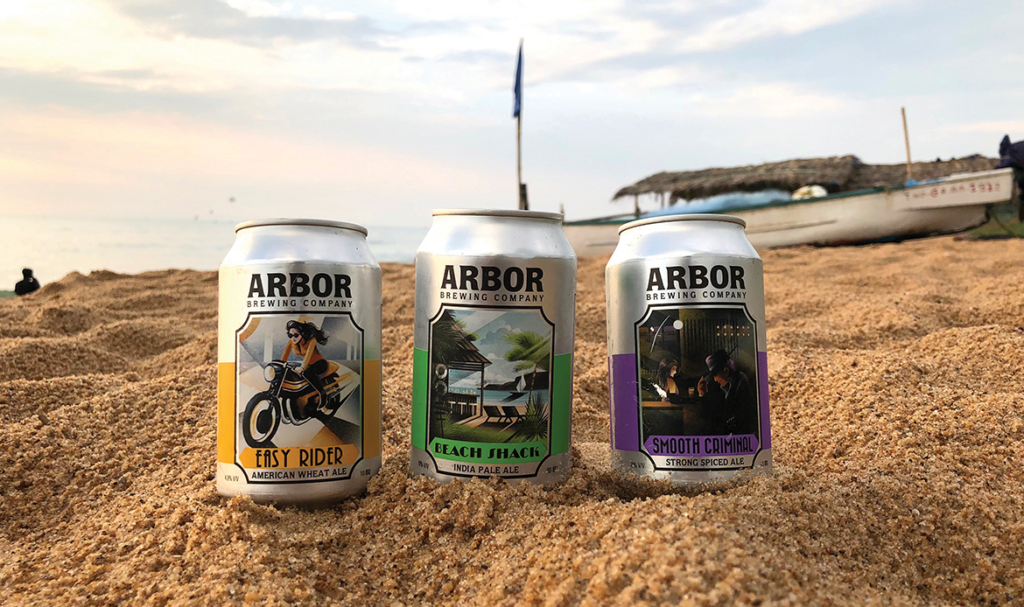
Amid mounting expenses, craft beer breweries have closed. Contract brewing may save beer firms.
Contract brewing, often called cuckoo or gypsy brewing, is a business model in which a brewery hires another brewery’s equipment at an established site.
Bedlam Brewery, situated in Sussex, entered administration in February and was scheduled for a pre-packaged sale to Renatus Brewing Company, a company founded by Bedlam director Robert Shepherd.
Shepherd told db that even though she was offered a highly discounted bargain, she preferred to keep the brand. Bedlam, a beloved brand, has always championed eco-values and sustainability. Its narrative includes contract brew.
Shepherd said “the administrators and their advisors marketed the business extensively but only received one offer from another brewery that I and a number of directors felt significantly undervalued the brand and certain assets so we took the opportunity to offer more and purchase them.”

Craft beer companies may survive contract brewing.
He said “cost pressures remain across the board” and “the most significant was electricity, which more than trebled overnight to over 12% of our turnover.” He added that “although we have seen the price of energy coming back slightly, it continues to be a significant impact on the commercial model”.
Shepherd said that “the prices of ingredients have increased significantly (malt production is very energy intensive), as has the cost of packaging (cardboard, cans and bottles), deliveries during last year and so forth,” which was having a toll.
Contract brewing, therefore, how? Shepherd added, “The main attraction is about keeping beer brands going that customers love” via cuckoo brewing, which “gives us tighter visibility on costs”.
Yeastie Boys founder Stu McInlay acknowledged that the approach has merits, but emphasized that communication is essential for a brewery to succeed.
“I’ve often considered that a shared brewery model could be a way of the future for smaller brands but, in most situations, a single brewery with one or several contract partners is probably a safer bet and far less capital intensive,” he said.
“We’ve been contract brewing for 15 years and it is a key part of our brand,” he said, adding that “for people moving from having their own physical site to contract brewing there will be significant brand communication.”
McInlay added, “A lot of people think contract brewing is as simple as telling a brewery what you want made and then designing a label, but there’s a hell of a lot of work that goes on behind the scenes if you want to create anything that’s unique in a very crowded marketplace.
“I think of our contract partners as our team and, as such, we’ve always found that it’s best to work with people with a shared philosophy around beer and business,” he said.
“Contract brewing has worked well for us up until now as we have not required capex to increase volume each year as we have grown,” said Big Drop Brewing Co founder and CEO Rob Fink.
“At a certain point (about now) running a contract brewing model simply gives you all of the complexities of owning a brewery, with none of the benefits,” he said, explaining why he recently partnered with IGC so that “operational complexities are absorbed into their existing brewery and by working together on sales and marketing synergies we can continue to grow our brand”.
Shepherd said that contract brewing is Bedlam’s “intention for the near term” but that the company would “continue to look at the opportunity to move to a new site in the future”.
